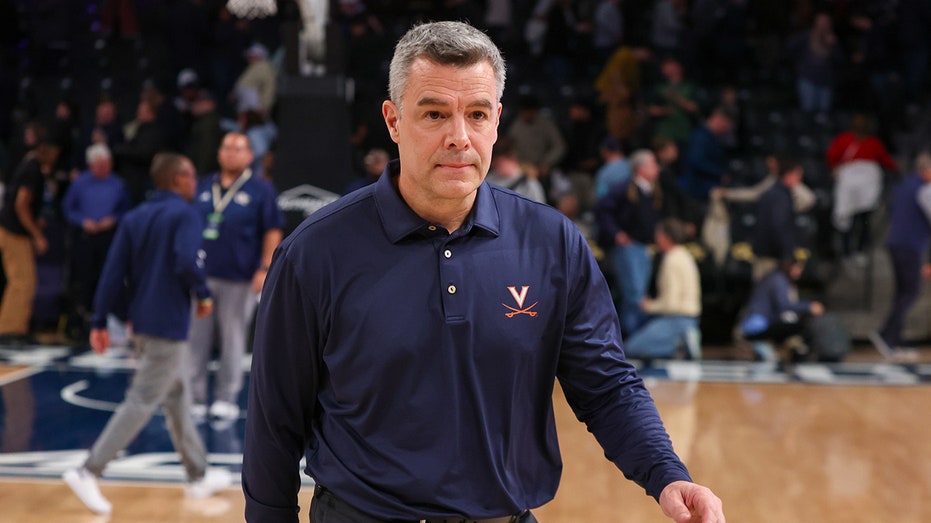Whether they admit it or not, previous research shows that the majority of parents do indeed have favorite children.
A recent study from Brigham Young University (BYU) in Utah examined the reasons behind parents showing favoritism, a phenomenon dubbed parental differential treatment (PDT).
To do this, they gathered a large set of existing studies conducted between August 2015 and April 2022, according to a university press release.
WOMAN, 66 YEARS OLD, GIVES BIRTH TO HER 10TH CHILD: PEOPLE ‘SHOULD HAVE MORE CHILDREN’
Searches for terms like “parental favoritism,” “siblings” and “differential parenting” in multiple databases led the researchers to at least 243 studies. After applying certain criteria, the pool narrowed to 30.
The team also reached out to researchers around the world and identified 14 more datasets with unpublished or unique data.
The researchers then analyzed patterns related to traits like birth order, gender and personality to draw conclusions about PDT.
CHILDREN’S ADHD RISK LINKED TO MOTHERS’ USE OF COMMON OTC PAIN RELIEVER
Fox News Digital spoke to the lead author of the study, BYU School of Family Life Professor Alex Jensen, to discuss the findings, which were published in the journal Psychological Bulletin.
Daughters tend to be given preferential treatment, according to Jensen, although the children themselves did not perceive that.
“I was surprised that both mothers and fathers favored daughters,” the researcher said. “We thought fathers would favor sons.”
One reason could be evolutionary, he surmised. “In many past societies, sons were a safety net of sorts as parents aged. Sons could provide material resources to help them.”
In modern western societies, daughters are much more likely to care for aging parents, Jensen noted.
“In that way, parents may be storing up ‘social capital’ with their daughters, with the potential of the daughters providing care later on.”
During childhood, he said, sons are more inclined to play outdoors in larger groups, and daughters indoors with smaller groups.
“Over the past several decades, parents have become less and less inclined to allow their kids to play outdoors without supervision,” Jensen told Fox News Digital. “Daughters may, on average, be more suited to current parenting culture, and thus easier to parent.”
Birth order also appears to be a factor, with the youngest siblings often getting preferential treatment.
Older siblings, however, are given more autonomy and freedom, according to Jensen. That same treatment seemed to last into adulthood, the study found.
More agreeable and responsible children also tend to be favored. “I think it’s that they are just easier to parent,” said Jensen.
“For example, an agreeable child will be more likely to do what they are asked by the parent. A conscientious child will be more likely to do their homework, their chores … or be aware of those around them and their needs.”
CLICK HERE TO SIGN UP FOR OUR HEALTH NEWSLETTER
Looking ahead, Jensen hopes that understanding more about how parents treat their children and the resulting impact may enable them to take steps to better tap into their kids’ feelings.
For more Health articles, visit www.foxnews.com/health
A study several years ago suggested that if children understand why they are treated differently, the differences don’t matter as much, according to the researcher.
“In some cases, I would argue that what the kids think is more important,” he said. “Parents should work on being open to hearing the perspective of their kids without being defensive.”
















Leave a Reply